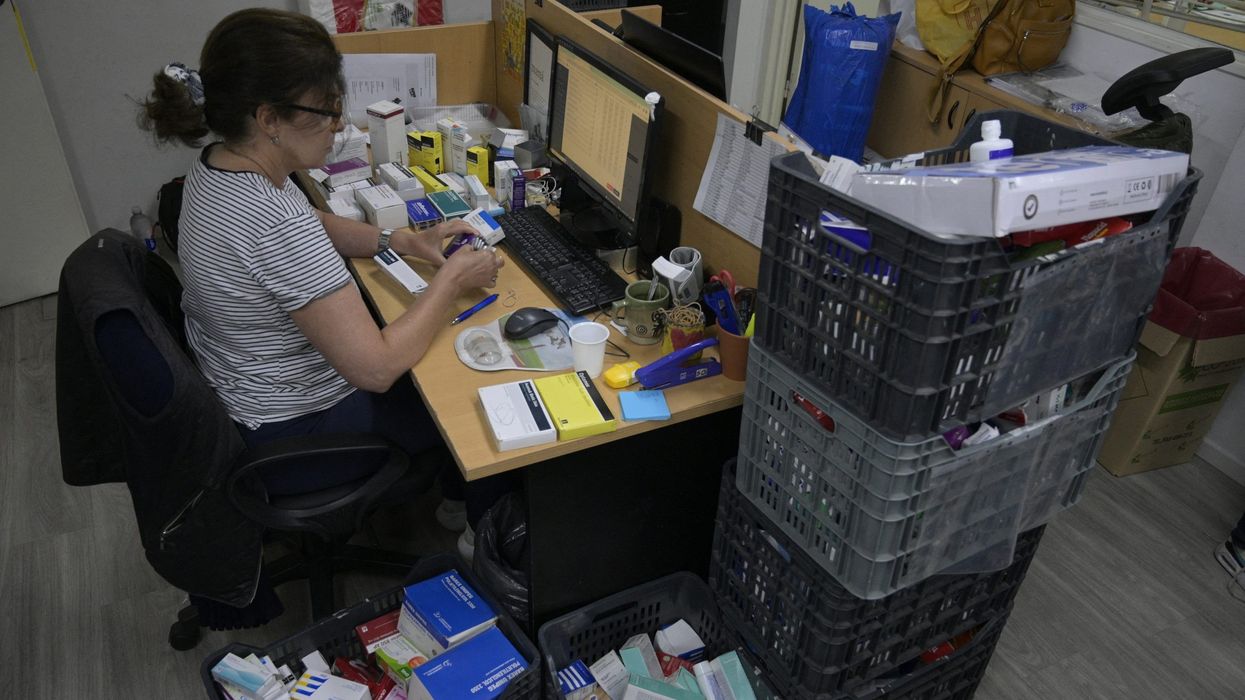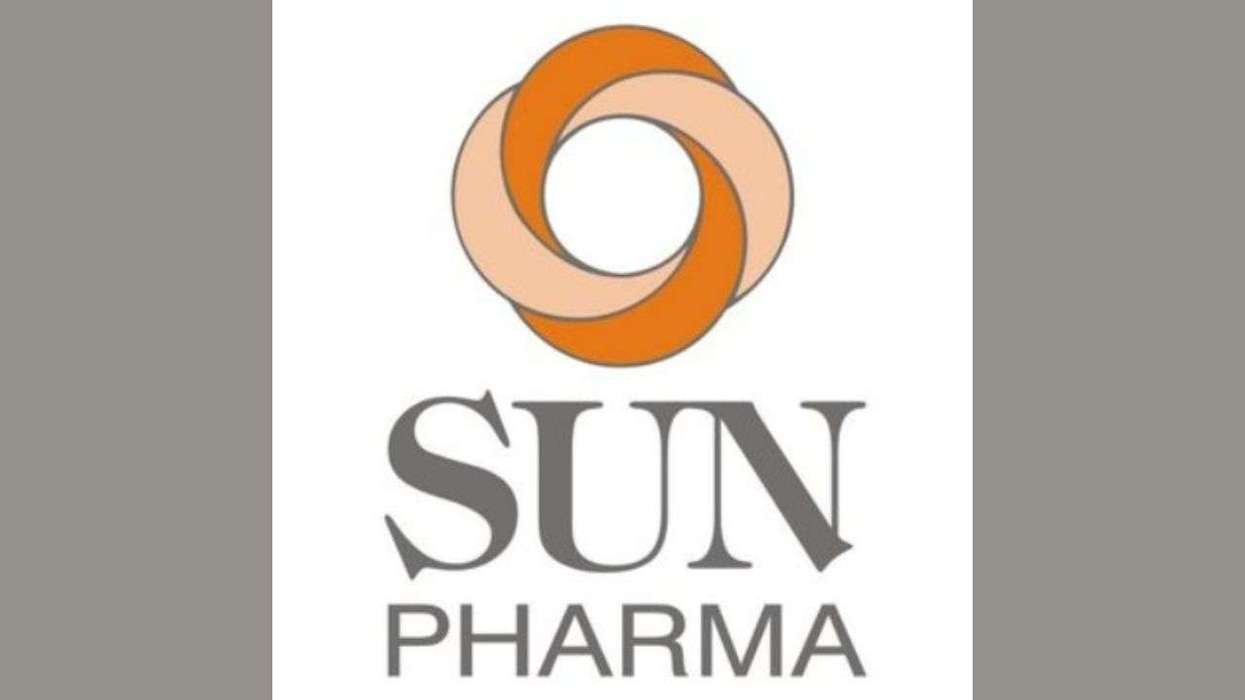FIP says they want everyone to think about pharmacy when they think about their health
"Raise awareness of pharmacies as places of primary health care provision," advocates the International Pharmaceutical Federation (FIP), emphasising the need for universal recognition of pharmacists as essential healthcare professionals.
Despite significant advancements in pharmacy practice, many policymakers and members of the public still view pharmacies primarily as commercial enterprises rather than essential providers of healthcare services.
The FIP is leading a campaign to change this perception, advocating for pharmacies to be recognised as vital components of primary health care.
Primary health care is crucial for achieving "health for all."
In 2018, the Declaration of Astana saw governments recommit to strengthening primary health care to achieve universal health coverage.
FIP, a signatory to this declaration, has since been dedicated to enhancing the role and impact of pharmacies in primary health care.
"Raise awareness of pharmacies as places of primary health care provision," urges the FIP, highlighting the essential expertise and accessibility of pharmacists.
The federation believes that pharmacists, being the most accessible primary health care providers, are key to progressing towards Sustainable Development Goal 3, which aims for good health and well-being for all.
Several major global health stakeholders, including the United Nations, the International Labour Organization, the World Health Organization, and the Organisation for Economic Cooperation and Development, already recognise pharmacists as healthcare professionals.
Pharmacies provide a wide range of health services beyond medication supply and health advice.
However, the FIP stresses the need for universal recognition of the unique role pharmacies play in primary health care.
"We want everyone to think about pharmacy when they think about their health," says FIP. The federation also calls on policymakers to consider "universal pharmacy coverage when they think about universal health coverage."
The FIP's global #ThinkHealthThinkPharmacy campaign aims to promote the professional identity of pharmacists, facilitating more pharmacy services that offer tangible benefits to communities.
The campaign underscores six main messages: pharmacists are healthcare professionals; they are the most accessible primary health care providers; they offer a wide array of health services; they enjoy high public trust.
Moreover, they proved their value during the COVID-19 pandemic; and some governments have already made changes to expand pharmacy services and improve access to health.












